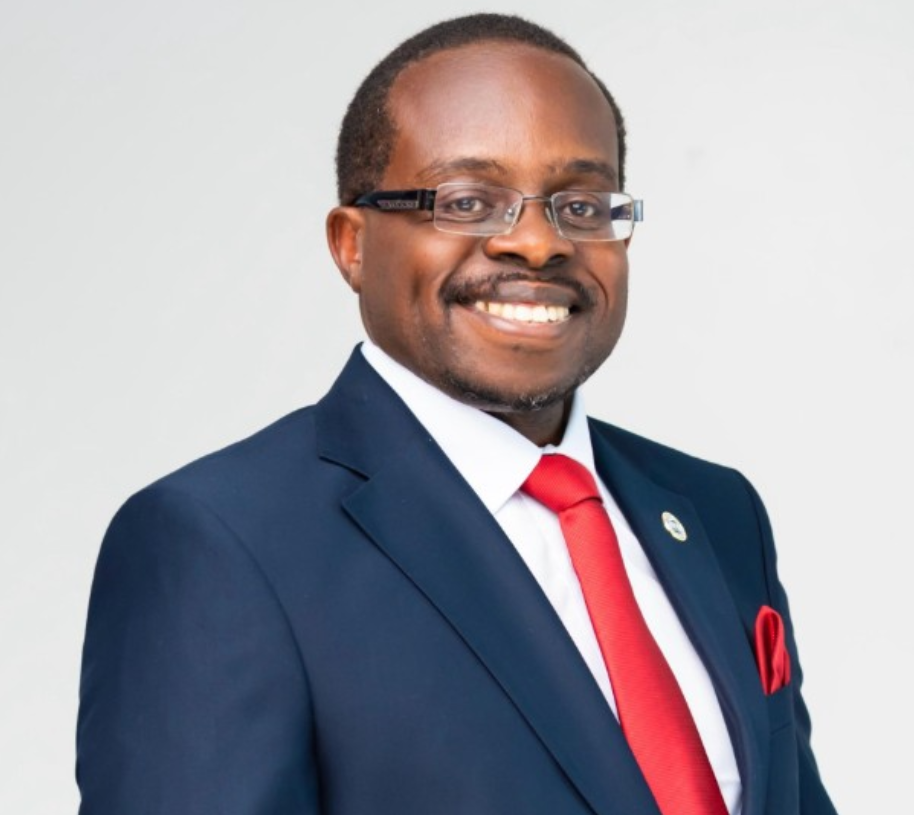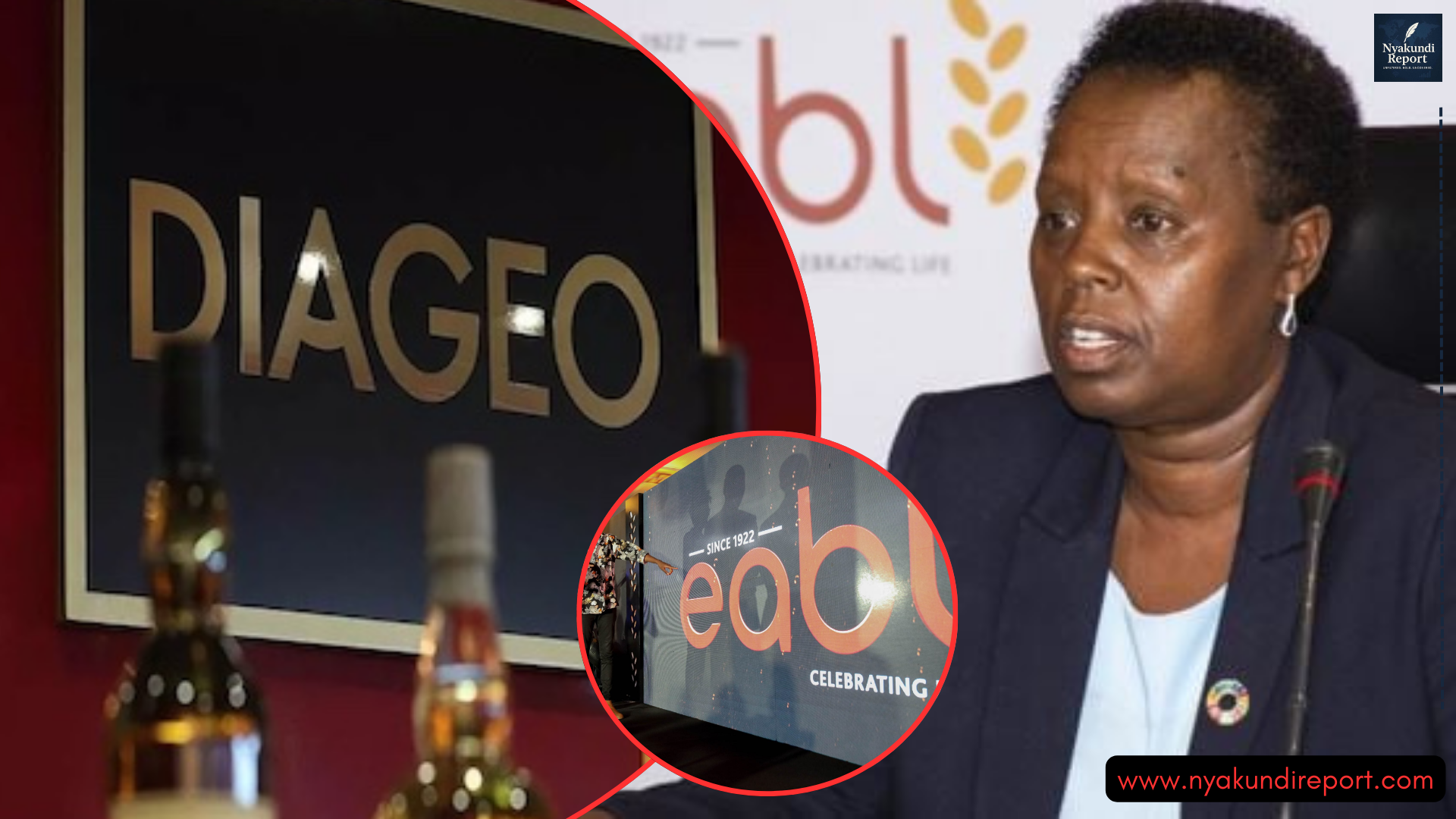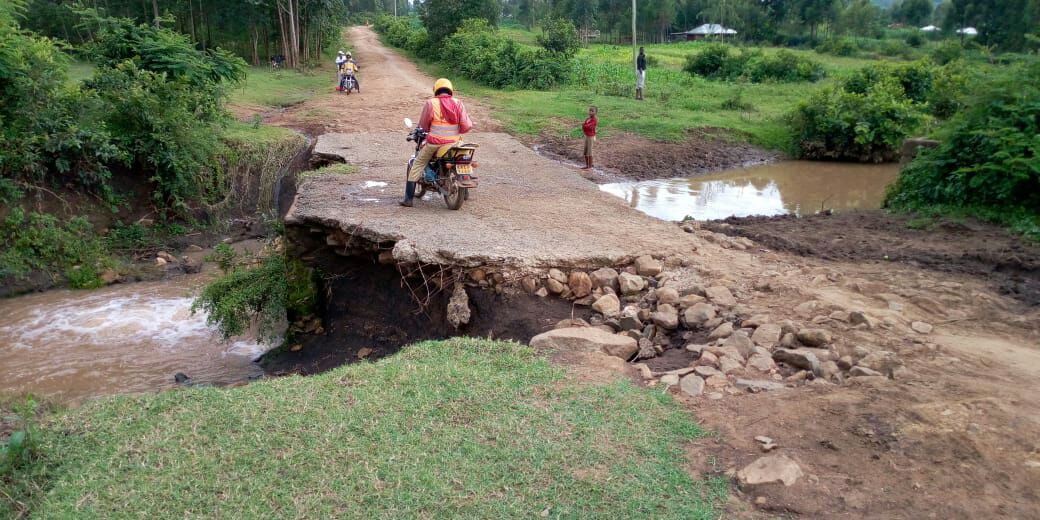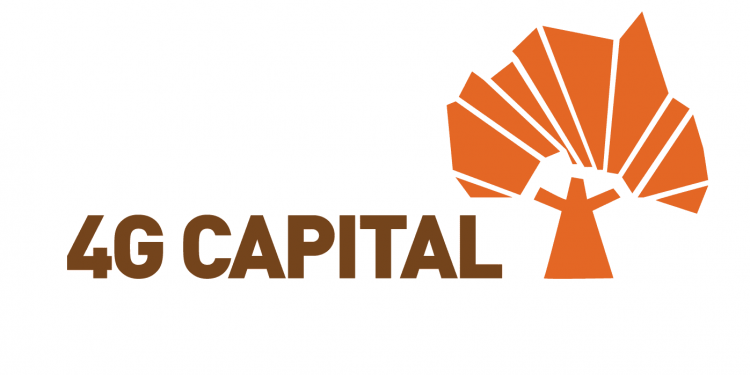The International Monetary Fund (IMF) is shining a spotlight on Kenya’s education budget, particularly the Teachers’ Service Commission (TSC) payroll and capitation funds.
Treasury Cabinet Secretary John Mbadi revealed that the TSC, which handles more than Ksh400 billion annually, is one of the top areas under examination by the IMF’s anti-corruption diagnostic team.
The investigation seeks to uncover ghost workers, inflated salaries, and fictitious student records. The government requested the probe, hoping to clean up public finances and restore confidence in key sectors like education and health.

IMF Diagnostic Puts TSC Payroll Under the Microscope
Kenya’s teacher payroll system is in the spotlight following revelations by Treasury CS John Mbadi that it is part of a sweeping corruption probe initiated by the International Monetary Fund. The investigation is a direct response to Kenya’s own request for an independent diagnostic to assess weaknesses in public finance and expose corrupt practices.
“We have a huge payroll of about Ksh400 billion annually for paying teachers,” Mbadi stated. “We need to ensure it is clean, efficient, and free from ghost workers or inflated figures.”
The IMF mission, which ran from June 16 to June 30, focused not just on the TSC payroll, but also on capitation funds meant for schools. These funds are allocated to support student education directly, but questions are now being raised about whether the money is serving real learners or those who only exist on paper.
Mbadi emphasized that the education sector consumes the largest portion of the national budget. As such, it was crucial to scrutinize the system and ensure taxpayer money isn’t being wasted or siphoned off by corrupt networks.
“We feel education, which is taking the largest chunk of our budget, needs to be looked into in terms of strengthening the systems,” he said. “Capitation: Are we paying for students who are in school, or are we paying for students who exist on paper?”
IMF Targets Key Corruption Hotspots, Including Education and Health
The IMF’s diagnostic mission was led by Rebecca Sparkman and included experts from several departments: Fiscal Affairs, Legal, Finance, and Monetary and Capital Markets. Representatives from the World Bank also joined the process.
The goal was to take a broad and deep look at Kenya’s governance systems, with special attention to sectors that have historically been plagued by graft. Beyond the TSC payroll, other sectors such as health, procurement, and infrastructure were flagged by the Kenyan government for review.
Mbadi explained that the voluntary move to open up these sectors stemmed from internal knowledge of where corruption thrives.
“We understand the system better. We knew where to direct them,” said Mbadi, making it clear that the government was not blindsided but was actively cooperating in the process.
In particular, the education and health sectors are seen as the most vulnerable due to the large amounts of money involved and the complex layers of administration. Within TSC, payroll manipulation and fictitious employment records have been whispered about for years. This IMF probe could now bring those suspicions into the open.
Report Expected in October as Public Pressure Grows for Transparency
The IMF’s final report is expected in October 2025. While the findings may be damning, Mbadi hinted at the government’s readiness to face the truth, although the decision to publish the report lies with the Cabinet.
“From where I sit, I don’t see why it shouldn’t be published. But that will be a Cabinet decision,” he said.
The report’s release will likely fuel demands for accountability, especially from teachers, students, parents, and taxpayers who rely on a clean and efficient education system. If ghost workers or fake student records are uncovered, prosecutions and systemic reforms could follow.
Already, there is anticipation across the public and civil society sectors. During the mission, the IMF team held meetings not just with government agencies but also with non-state actors to get a full picture of governance challenges.
As the government faces tough economic choices and pressure to meet IMF targets, the TSC payroll investigation could become a pivotal moment. If irregularities are confirmed, they will underline the urgent need to modernize payroll systems, adopt biometric verification, and digitalize record-keeping for students.
The scrutiny of education funds comes just days before a group of Kenyan teachers departs for the United States, a move that underscores both the global reputation and local contradictions of the Kenyan education system.
With Kenya’s fiscal crisis worsening and trust in public institutions eroding, the outcome of the IMF review will not only test the government’s sincerity in fighting graft but could also reshape how teachers are hired, paid, and monitored.











































